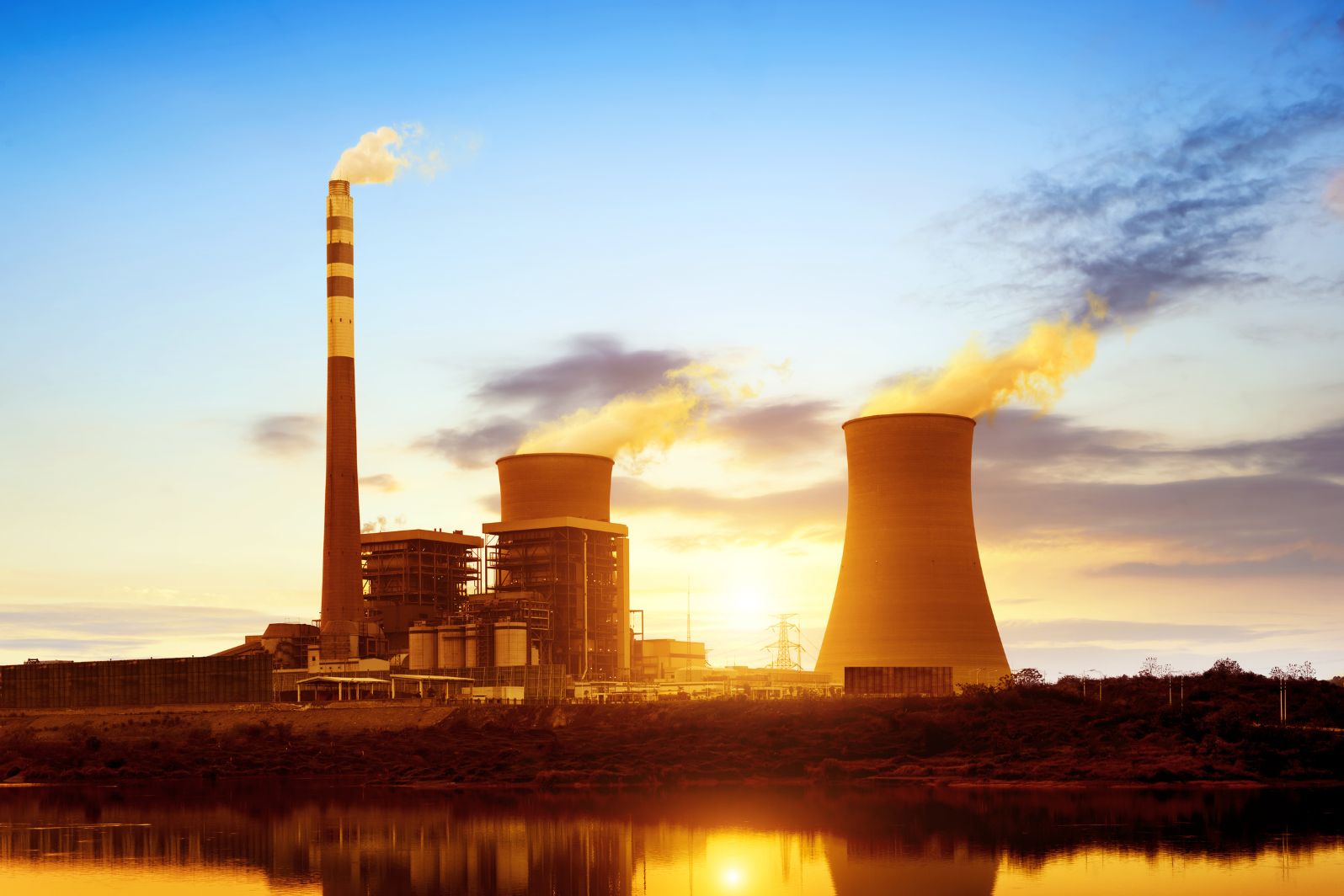
Thermal power plants play a crucial role in generating electricity for our modern society. These complex facilities convert heat energy into electrical energy, providing power for industries, homes, and businesses. However, like any other machinery, thermal power plants require regular maintenance to ensure their optimal performance and longevity. Regular maintenance not only prevents unexpected breakdowns but also improves the efficiency and safety of these power plants. In this article, we will delve into the importance of regular maintenance in thermal power plants and explore the various aspects that need attention.
1. Enhancing Efficiency
Efficiency is a critical factor in thermal power plants as it directly affects the cost of electricity production. Regular maintenance of thermal power plants helps in identifying and rectifying any issues that might hinder the plant’s efficiency. For example, cleaning and replacing air filters, inspecting and repairing steam turbines, and optimizing fuel combustion can significantly improve efficiency. By ensuring that all the components are in proper working condition, maintenance helps reduce energy losses and minimizes the overall cost of electricity production.
2. Preventing Breakdowns
One of the primary reasons for regular maintenance in thermal power plants is to prevent unexpected breakdowns. Power plant failures not only result in substantial financial losses but also disrupt the electricity supply, causing inconvenience to consumers and potentially affecting industries and essential services.
3. Ensuring Safety
Safety is of utmost importance in thermal power plants due to the hazardous nature of the processes involved. Regular maintenance plays a crucial role in ensuring the safety of both the plant personnel and the surrounding environment.
Thermal power plants are known for their complex and high-pressure systems, which can pose serious risks if not properly maintained. From boilers and turbines to cooling towers and electrical systems, every component must be regularly inspected and serviced to prevent accidents and ensure smooth operations.
One of the main safety concerns in thermal power plants is the potential for fires and explosions. The high temperature and pressure levels present in the boilers and turbines can create a volatile environment if not properly managed. Regular maintenance includes checking for leaks, inspecting and cleaning burners, and replacing worn-out parts to prevent any potential ignition sources.
4. Extending Equipment Lifespan
Thermal power plants consist of various expensive and intricate equipment, such as boilers, turbines, and generators, which require regular maintenance to extend their lifespan. By proactively identifying and rectifying any issues, maintenance helps in preventing premature equipment failure and costly replacements.
Regular maintenance is crucial for the efficient and reliable operation of thermal power plants. These plants are complex systems that rely on the smooth functioning of multiple components. Boilers, turbines, and generators are among the critical equipment that can be prone to wear and tear over time.
By conducting regular maintenance, power plant operators can identify and address any potential issues before they escalate into major problems. This proactive approach helps to prevent equipment failure and costly replacements. For example, regular inspections and cleaning of boilers can prevent the accumulation of deposits and corrosion, which can hinder their efficiency and lifespan.
5. Ensuring Environmental Compliance
Thermal power plants are subject to strict environmental regulations to minimize their impact on the environment. Regular maintenance is essential to ensure compliance with these regulations and prevent any violations.
Thermal power plants, like any other industrial facility, must adhere to stringent environmental regulations in order to mitigate their negative effects on the environment. These regulations are in place to safeguard air and water quality, as well as protect ecosystems and reduce greenhouse gas emissions.
Regular maintenance plays a crucial role in ensuring that these power plants remain in compliance with these regulations. It involves routine inspections, repairs, and upgrades to equipment and systems to ensure optimal performance and minimize the risk of any violations. By conducting regular maintenance, power plants can identify and address any potential issues that could result in environmental harm or non-compliance.
One of the primary areas of focus for maintenance in thermal power plants is air pollution control. These facilities employ various technologies, such as electrostatic precipitators, scrubbers, and selective catalytic reduction systems, to reduce the emissions of pollutants like sulfur dioxide, nitrogen oxides, and particulate matter. Regular maintenance of these control systems is essential to ensure their proper functioning and effectiveness in reducing emissions.
Water management is another critical aspect of maintenance in thermal power plants. These facilities use large amounts of water for cooling purposes, and it is important to prevent any contamination or pollution of water sources. Regular maintenance involves monitoring and maintaining cooling towers, water treatment systems, and wastewater discharge to prevent any violations of water quality standards.
Conclusion
Regular maintenance is not just a necessity but a fundamental requirement for the efficient and safe operation of thermal power plants. It enhances efficiency, prevents unexpected breakdowns, ensures safety, extends equipment lifespan, and ensures compliance with environmental regulations.






